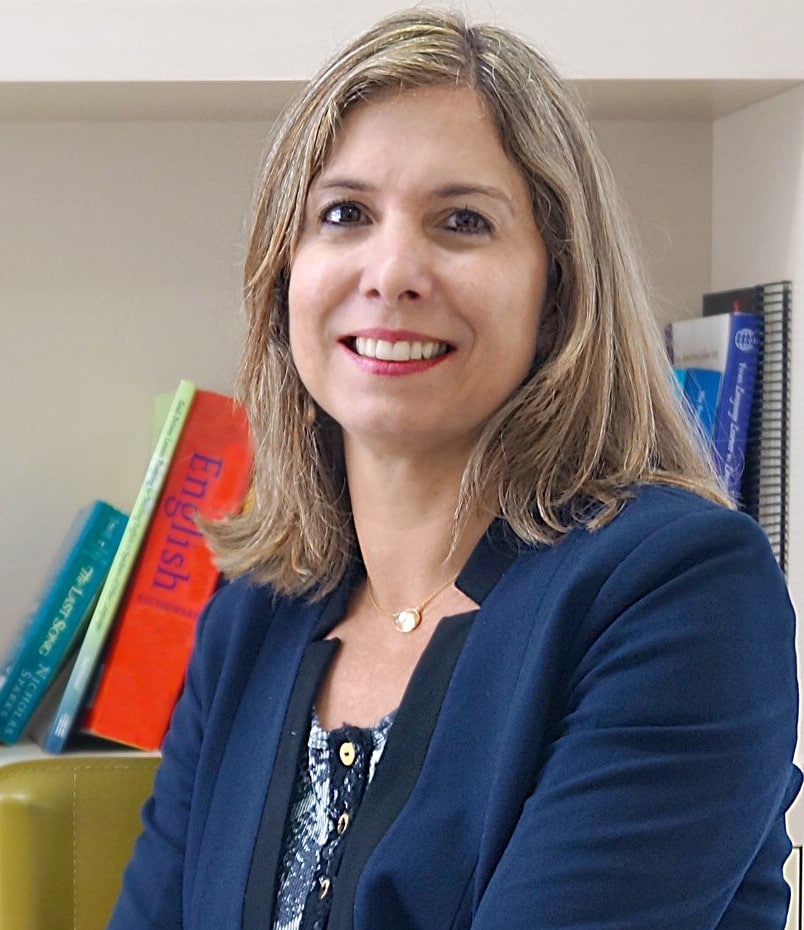Discussing assessment
As the end of the year approaches, many of us are considering the end of term procedures and the handover of groups to the next teachers. That overall assessment of our learners is what I would like to discuss in this post, the first one I write about assessment.
It is ideal that we look at our learners from the perspective of progress they made, their particular strengths and weaknesses, not only how well they perform in tests or formal tools of assessment. The results of tests or standardised tools are definitely simpler to report, but may say very little about the students as learners – how much they struggle, how much deeper they can go, how much we can push them or how much support is needed. That seems simple, but it can be time-consuming, it may demand different perspectives and new ways to look at our learners. It might even shed light on gaps in our own teaching that require action and improvement. Here are some tips to organise the general assessment of our learners:
- List all our current learners without the help of attendance lists. For each group, reflect on who the first that came to your mind are – they are possibly the ones that call your attention the most and you may naturally assess them as the best or the worst learners in class. Check if you haven’t missed any. That will give you an idea of how well you know your group or even how much bias there may be in assessment.
- Consider the individuals in your groups and what makes them good (that may vary according to your teaching/ learning goals) and check your impressions against criteria that you may use to give your students feedback and to explain your assessment to a colleague that will teach the learners in the future. The Common European Framework of Reference contains ‘can do’ statements that may guide the construction of school criteria.
- Think of how well learners perform in one type of task or one skill and consider how different each one of them are in each different activity proposed. Reflect upon whether you have been overgeneralising a learner’s strength in using lexis in speaking and generously assessing him/her in other skills. The same reflection can be done over the learners that underperform in a certain task.
- For each of your learners, list a strength and a weakness that seemed to stand out during the period you taught them. Check how much progress they made or how much challenge you think they can cope with. This may help the next teacher plan for some diagnostic activities in the next year.
- Think of your learners and how you would like them to perform and improve in the next year. Consider what you would say about them to the next teacher and think of constructive comments you can help your colleague with. Teaching is about making learners develop into the best version of themselves that is possible. Therefore, the more we imagine they can reach higher, the easier it is for ourselves and our colleagues.
Assessing learners in ELT is sometimes challenging and causes frustration to our learners – many have reported not being able to learn a language. In order for us to better deal with the matter, we need to start looking at what they need the language for and how much closer they are getting to those aims as the courses progress. I hope these first tips help you reflect and keep helping your learners. Have fun!
Common European Framework of Reference: https://www.coe.int/t/dg4/linguistic/Source/Framework_EN.pdf




